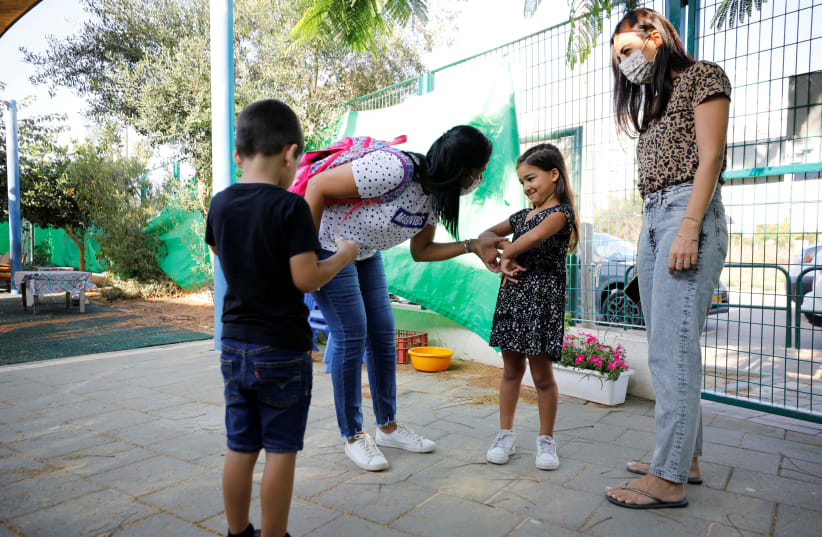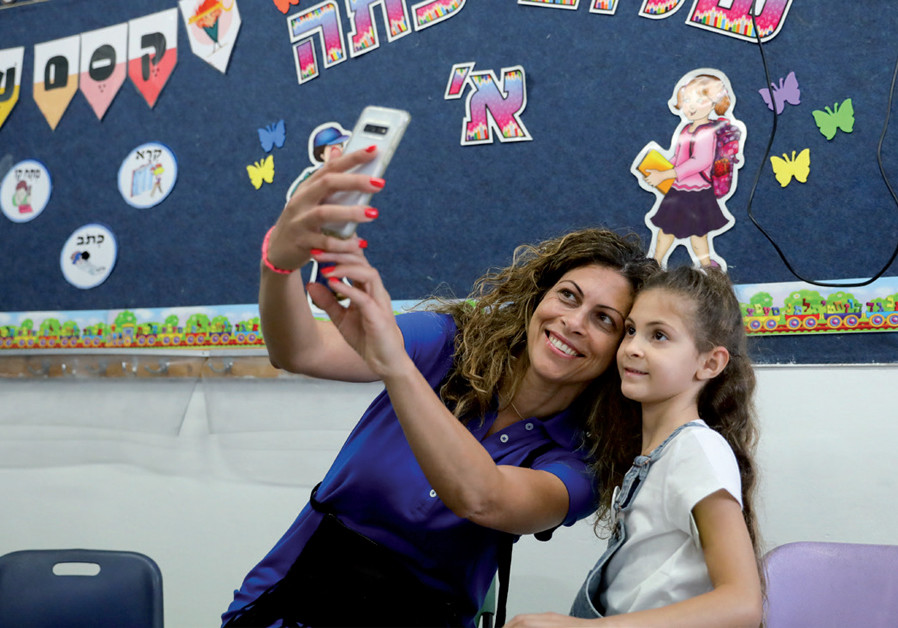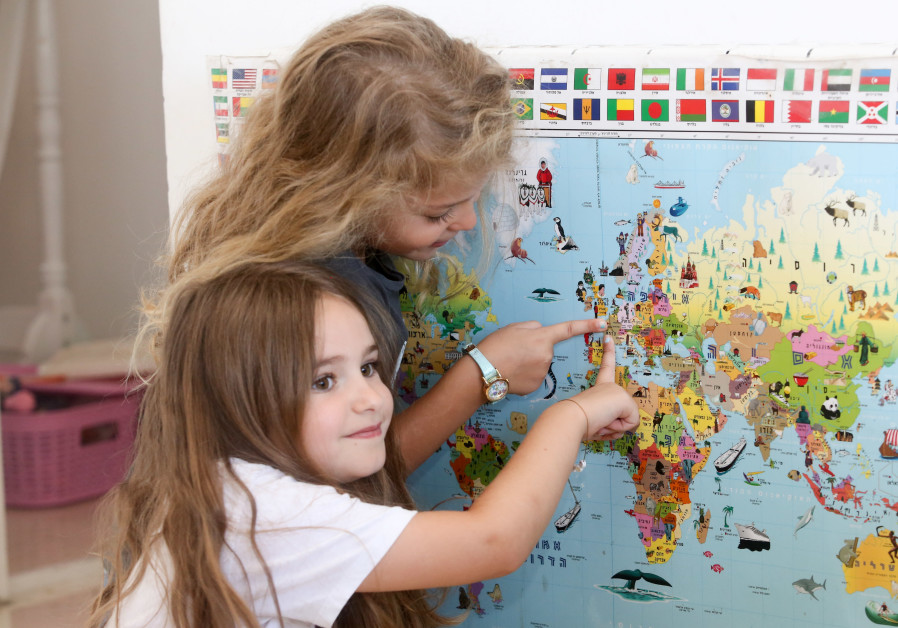Adapting to a new kindergarten is a complex challenge, often accompanied by crying, tantrums and regressive behavior. How can you make back to school better?
Here are five tips which will help you help your kids:
At this time during the long summer vacation many parents are restlessly waiting for September 1. At the same time they are worried about their children finding their place in a new educational framework. And, this is really true for parents whose young children are starting a new kindergarten and facing an adjustment process that can be challenging.
We don’t know yet whether the school year will open as usual in September, or if it will be postponed due to coronavirus closures and restrictions, but in the end - it will open, one way or another, and your children will need to adjust (to their new framework), regardless of the pandemic raging outside.
The best way to prepare for your children’s adjustment period when going back to school is to use the experience of others, and if you can learn from the experience of those who are also educational specialists, that’s even better. So, we asked five parenting instructors at the Adler Institute to tell us what was the one tip or tool that most helped their children to adapt to a new framework. These are their recommendations:
Trust in YourselfKaren Artzi
Trust the staff, who are there to be the best teachers and use their professional tools, and trust your child - who has strengths, abilities, inner resilience, and is flexible and adaptable. Trust yourself - that you have developed values, taught your kids what to be cautious about and how to build friendships. You have built a bridge with him or her for open communication and you have a close relationship with your child.
During the first days in his/her new place, and even before, give your children a sense of security for them within their new space. Introduce each staff member by name, show your child the different ‘corners’, (for example: the reading nook, the place to do artwork), the bathroom and outside play area, and continue to be there at the end of each school day to hear experiences and stories about gan activities. To help them adjust to new challenges, differentiate between their thoughts and what you know to be the kindergarten routine, and most importantly, listen to his/her heartfelt experiences.
Don’t Worry About Crying or Difficulty in AdjustmentDalia EilatNo child is like another, even if his/her big brother quickly adapted. Be sure to look at your child with love and respect and honor each child’s individual rhythm. Does it take him time to fit in at the playground? Did it take a while to get used to a new bed? Did it take time for her to warm up at a large family gathering? Apparently, it will take him/her time here too and that's just fine. That's their pace.Doesn’t usually take him time and now, yes? So that's how it is when your child starts kindergarten. There is no one right or preferred way. There's what's right with my child. Not to be afraid of crying, not to be afraid of hardship, not to fear for the future. Understand that this is the rhythm, this is the child. I will encourage any progress and pay attention to each emotion.
Reinforce Each Child’s Abilities and StrengthsLeah Stern A child who feels that his parents believe in him develops a positive and confident self-perception towards transitions, and hence the chances that the transition will indeed be more successful are high. We need to believe in each child and trust them. It’s important to remember that our child has a wealth of abilities and skills. He/she has already moved between educational settings, got used to new staff, new buildings and met quite a few children his age. Therefore, it’s important that we convey to the child our trust that he/she will successfully cope with the current transition.Make New Things FamiliarKaren-Or OrenIt’s recommended to speak to your children about a week to three days before the start of the year, and prepare your children for change. Take a preliminary tour of the kindergarten area, see the building and courtyard- even only from outside the gate - show the way (your child will walk or be driven to the school) and tell him/her the names of the staff members who will be at their new kindergarten.You should also bring the child something familiar and loved from home (blanket, doll, cloth diaper, favorite pacifier, etc.) A transitory object helps a child relax and feel protected and safe when he/she holds something familiar. For the older ones, it can be a friend you know from the previous kindergarten or the neighborhood (who will be in the same group)
For toddlers, it’s recommended to give a "borrowed" and familiar object from the parents, such as a club card, key (on a chain), a piece of cheap costume jewelry, etc. When a child holds something that he/she knows a parent needs, such as a key to open the door (even a fake key), the child will understand that the parent will definitely collect him/her at some point. As crazy as it sounds, it makes it easier for them to know that they have something we need and will certainly return for. Of course it’s worth noting, don’t give something real/valuable or an object which may be dangerous.
Express Lots of Understanding and EmpathyJudith OliverWhen the child expresses concern about the transition or difficulty parting with the current kindergarten, don’t dismiss these feelings, don’t move on; give legitimacy to these feelings. Remind children of situations from the past in which they overcame difficulties and adapted: "Remember we moved apartments and came to a new kindergarten, you didn’t know anyone, you had a hard time at first and slowly felt better in kindergarten."Set adjusted expectations, avoid promises like "what fun you will have in the big boys/girls kindergarten.” Understand and talk about it being a process which will take time and you trust and believe in their abilities and strengths. In addition, avoid prizes related to the process of your child entering kindergarten, avoid promises - if you don’t cry, I’ll give you a gift, if you adjust we’ll go for ice cream. Tell the child that you trust the kindergarten, that it’s a good, suitable school. When Dad and Mom express trust in a new situation, children will understand that they can also trust and feel safe.



